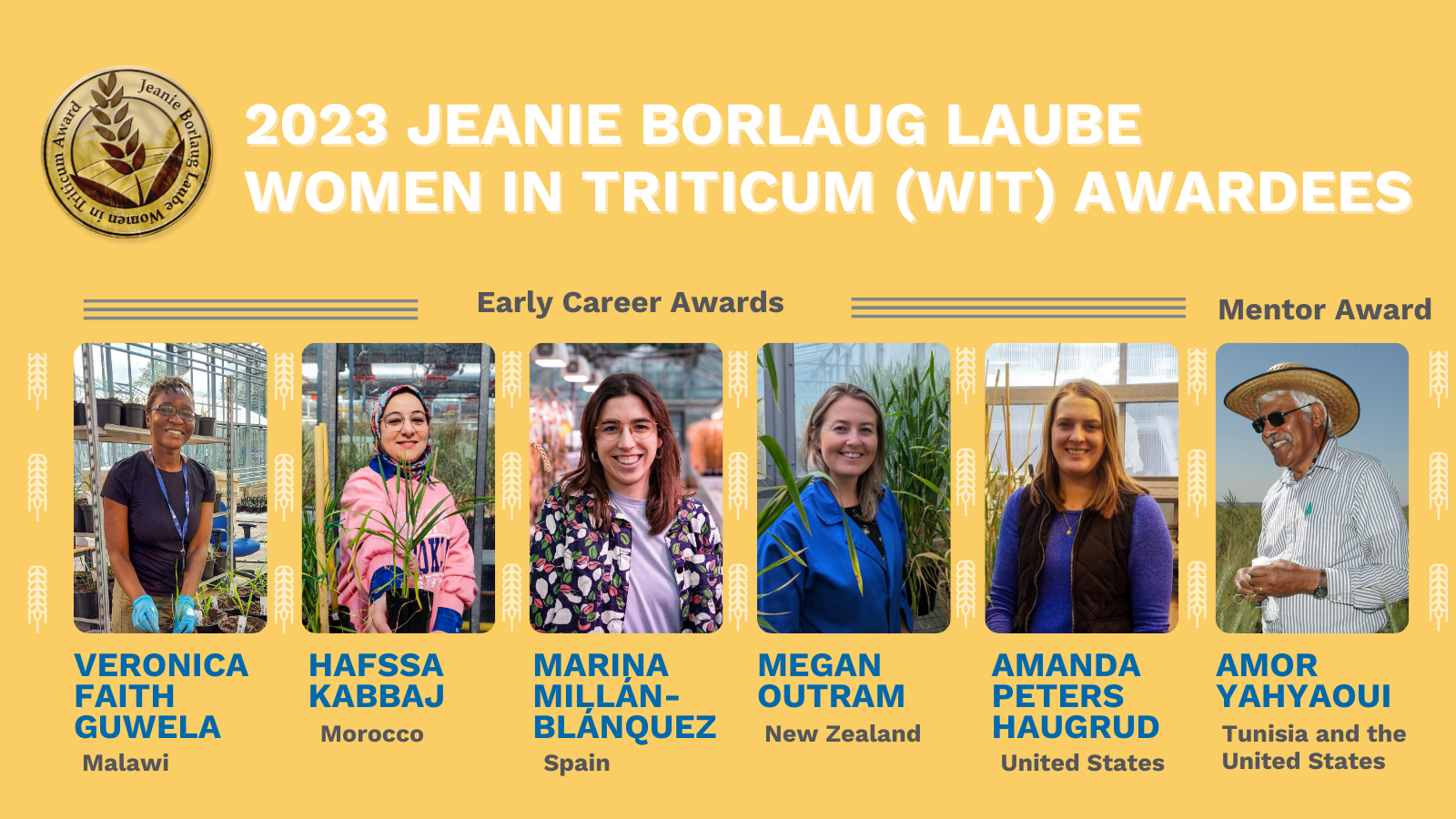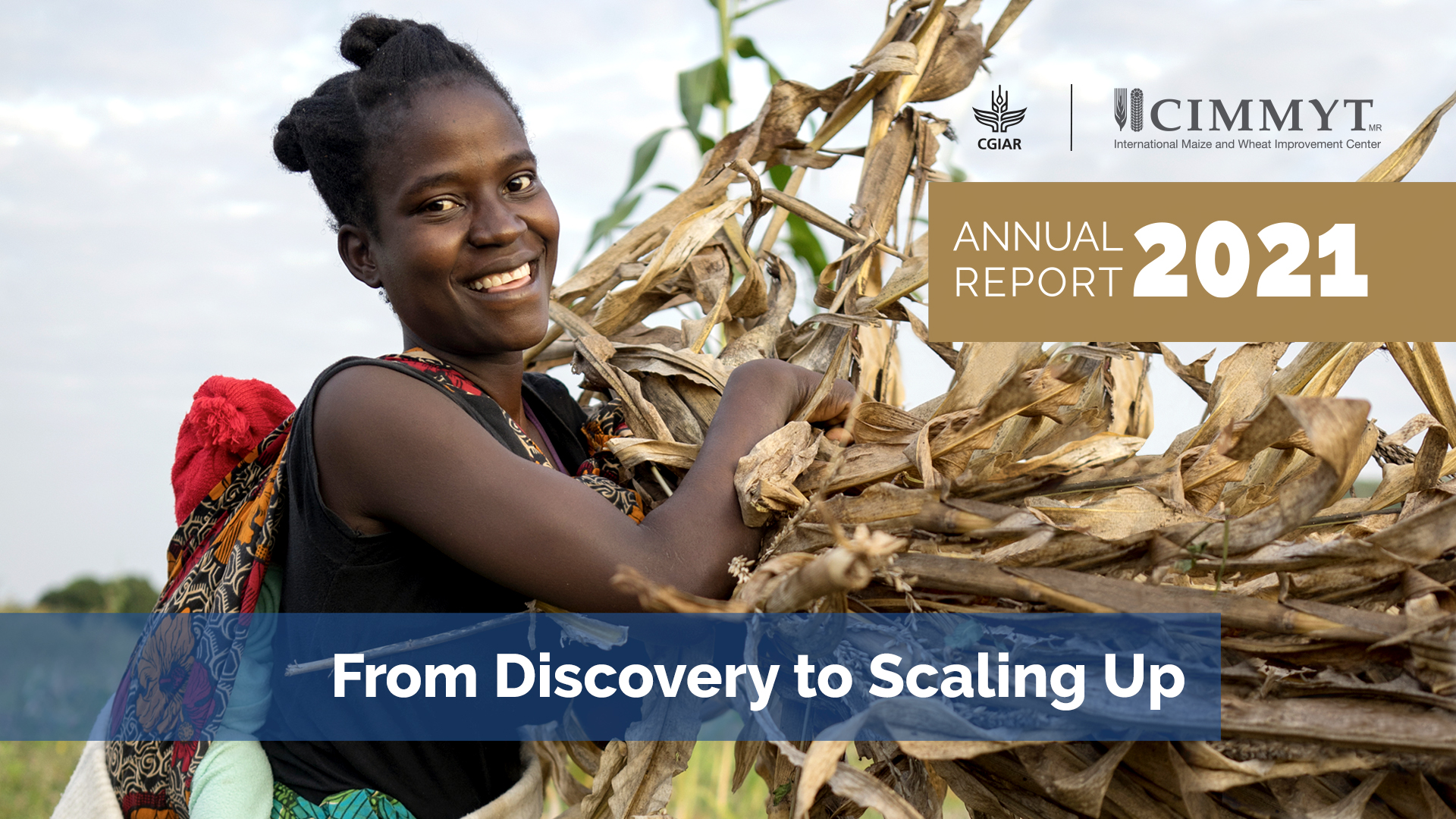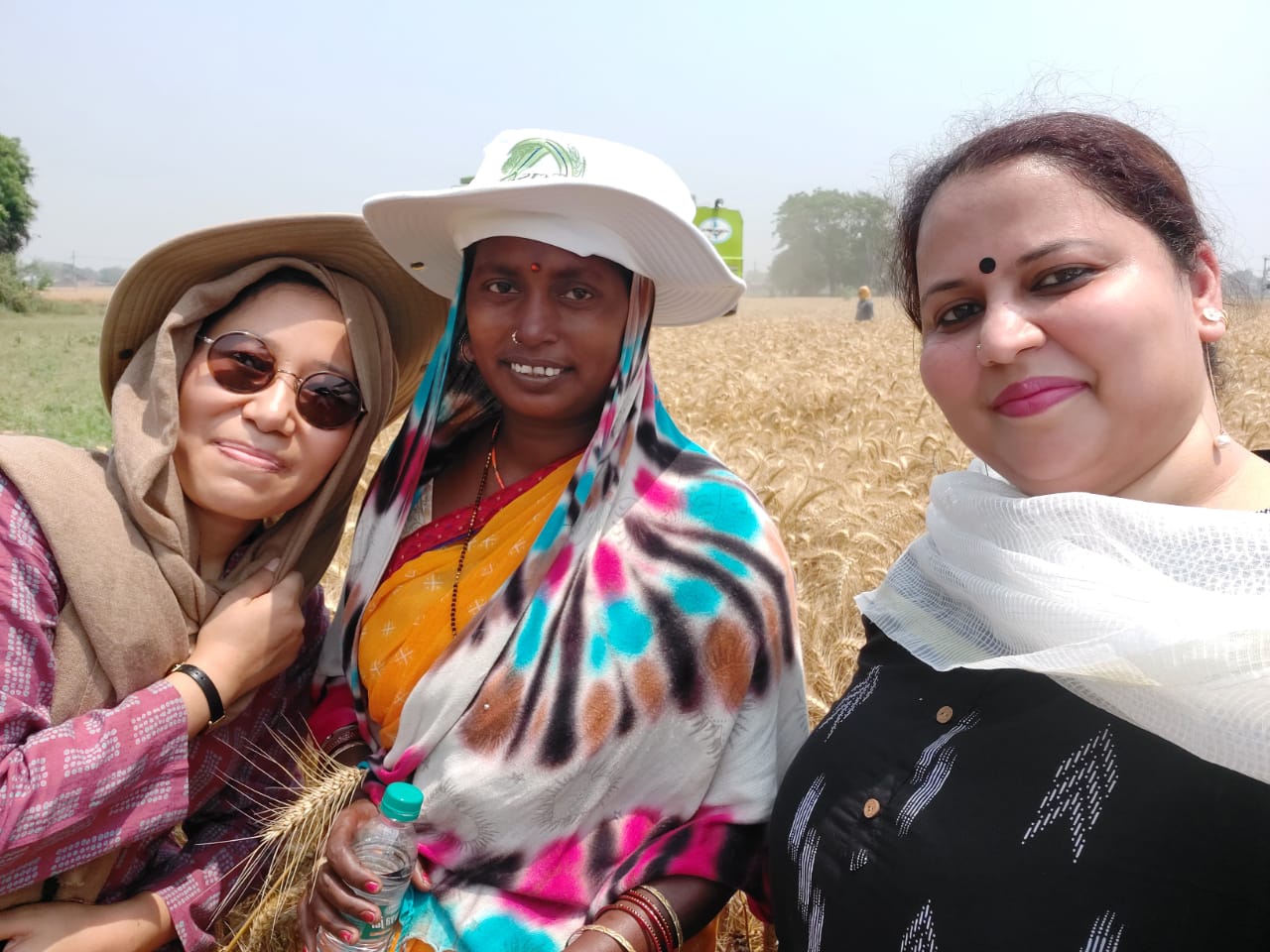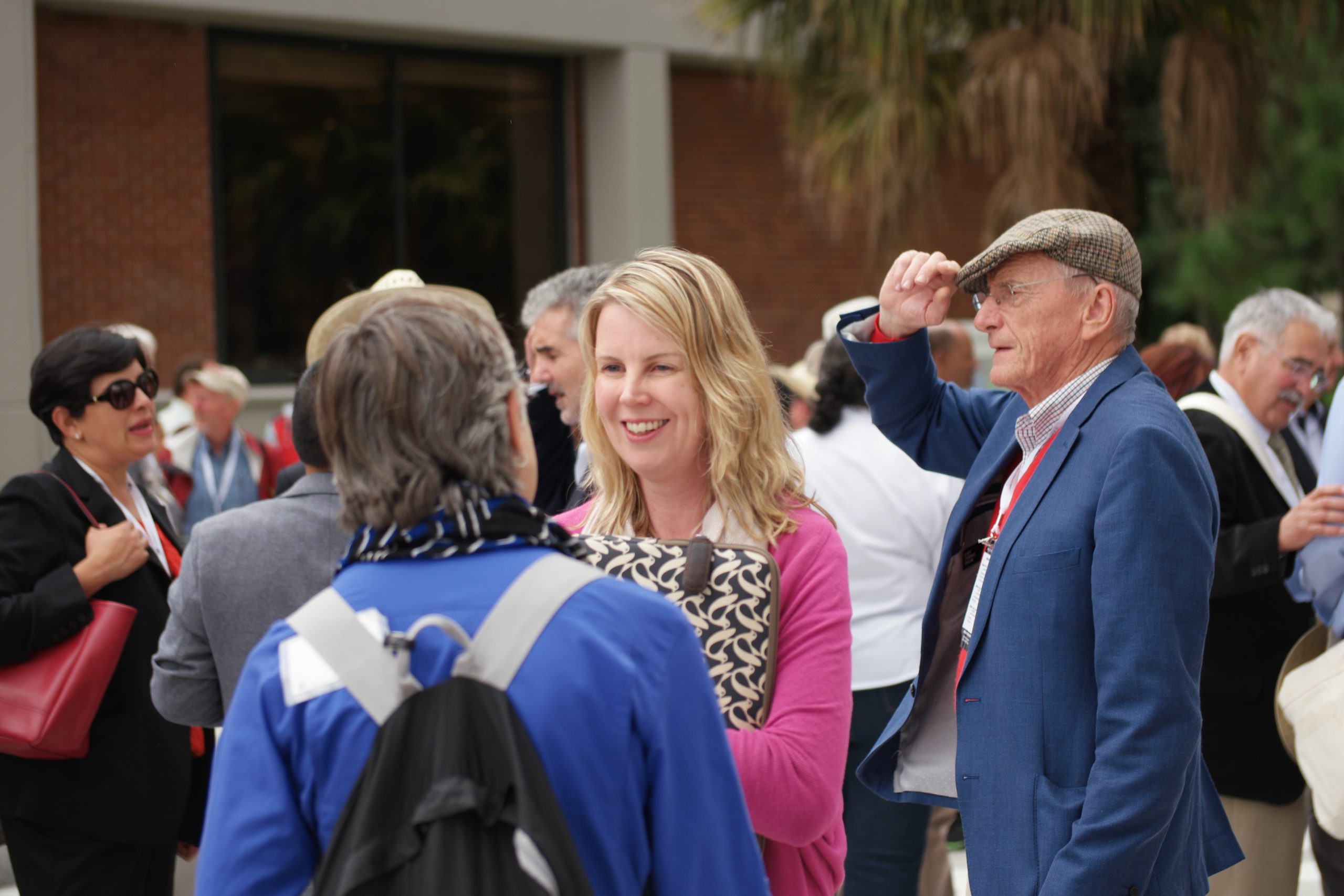
The Borlaug Global Rust Initiative (BGRI) is pleased to announce the 2023 Jeanie Borlaug Laube Women in Triticum (WIT) Early Career and Mentor awardees, recognizing excellence in science and leadership for a wheat-secure future.
The WIT awards are a premier recognition of talent and dedication of early-career women scientists and those who have excelled at mentoring women working in wheat and its nearest cereal relatives. This year’s winners are innovative wheat researchers from Malawi, Morocco, New Zealand, Spain, Tunisia and the United States.
“It is an honor to recognize these incredible scientists for their drive and vision in support of food security,” said Jeanie Borlaug Laube, chair of the BGRI and daughter of Nobel Prize Peace-winner Norman E. Borlaug. “My father believed that generations of hunger fighters would be needed to rid the world of food insecurity, and I’m proud to recognize these 2023 awardees for continuing to carry that mission forward.”
The WIT Early-Career Award provides women working in wheat with the opportunity for additional training, mentorship and leadership opportunities. The WIT Mentor Award recognizes the efforts of men and women who have played a significant role in shaping the careers of women working in wheat and demonstrated a commitment to increasing gender parity in agriculture.
“The WIT Awards have proven to be influential in shifting gender dynamics towards more equity in wheat science. WIT awardees are taking on leadership roles in scientific settings all over the world, and these newest awardees have the potential to continue that trend towards a more inclusive future,” said Maricelis Acevedo, director for science for the BGRI and research professor of global development in Cornell University’s College of Agriculture and Life Sciences.
Since founding the WIT awards in 2010, the BGRI has now recognized 71 early-career award winners from 31 countries and 13 mentors from 9 countries.
2023 Early-Career Awardees
From Malawi, Veronica is a Ph.D student, University of Nottingham (UoN)-Rothamsted Research (RRes) in the United Kingdom, and Lilongwe University of Agriculture and Natural Resources (LUANAR) in Malawi. She focuses on exploiting the wider genetic variation among wheat and wild relatives to identify novel sources for increased grain zinc and iron concentration, and transfer these to African varieties.
From Morocco, Hafssa is genomic selection expert for the durum wheat breeding program at International Center for Agricultural Research in the Dry Areas (ICARDA) in Morocco. Her work is aimed at implementing genomic selection and speed breeding tools to deliver superior cultivars to national partners from Central and West Asia, North Africa, and West Africa.
From Spain, Marina is a fourth-year Ph.D. student at the John Innes Centre where she studies the post-anthesis development of the unpollinated wheat carpel under the supervision of Cristóbal Uauy and Scott Boden and in collaboration with KWS and Syngenta. Marina is applying a combination of approaches, including field trials, microscopy work, machine learning, and transcriptomics to better understand the genetic processes regulating different aspects of female fertility in bread wheat.
From New Zealand, Megan is a CERC Postdoctoral Research Fellow at the Commonwealth Scientific and Industrial Research Organisation (CSIRO). She focuses on developing molecular understanding of the interactions between rust fungi and wheat through structural biology and protein biochemistry, and recently adopted new artificial intelligence technologies in her work to facilitate structural analysis on a genome-wide scale for the purpose of exploiting structural conservation to engineer novel, durable genetic resistance in wheat and ensure effective utilization of current resistance.
From the United States, Amanda is a research geneticist at the U.S. Department of Agriculture, Agricultural Research Service (USDA-ARS) at the Cereal Crops Research Unit in Fargo, North Dakota. Her current research program focuses on pre-breeding and germplasm improvement for both tetraploid and hexaploid wheat, focusing on the Great Plains region.
2023 Mentor Award Winner
A dual citizen of Tunisia and the United States, Amor is vice president of the Borlaug Training Foundation. His work has spanned organizations on multiple continents, with positions at the University of Tunis, ICARDA, and CIMMYT. As Wheat Training Officer at CIMMYT from 2012-2018, he enhanced academic and hands-on training on wheat improvement for junior scientists from over 20 countries annually. There he developed a modular advanced wheat improvement course for mid-career scientists. In Tunisia he initiated the CRP-Wheat Septoria Precision Phenotyping Platform in Tunisia, where from 2015 to 2021 he fully involved graduate research as part of platform that led to women researchers earning seven Ph.D. and two MSc degrees in a six-year period.
Read the original article: 2023 Women In Triticum (WIT) Award Winners Announced

 Capacity development
Capacity development 
